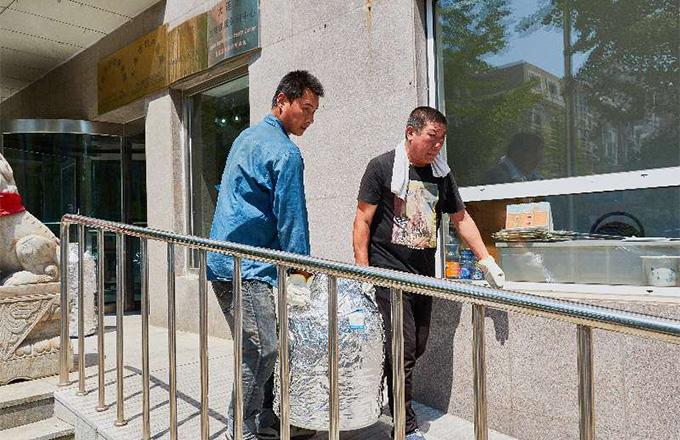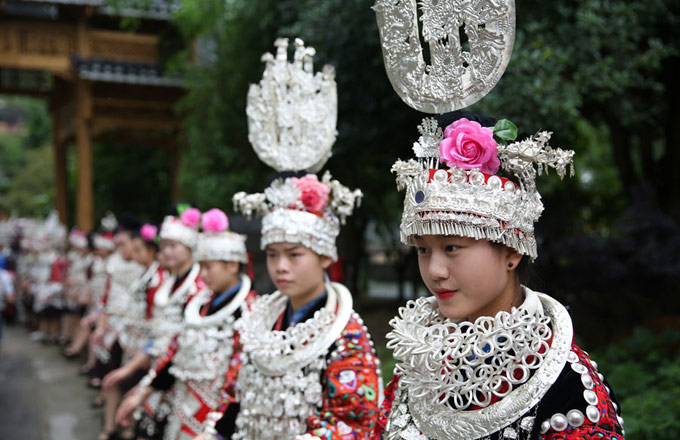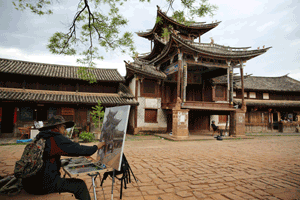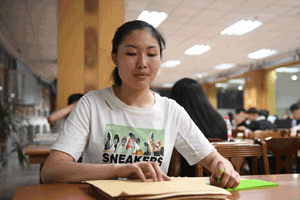Italian sculptor once follows legend to China, expects to ride China-Europe high-speed train now
CHOOSING PORCELAIN AS STEP CLOSER TO CHINESE CULTURE
"China for me was an amazing experience, incredible. That's why I was able to stay for such a long time. It is because I've always been interested and curious and have always been learning the history and the mentality of the Chinese people, to understand them," said Cimarelli.
In Beijing, Cimarelli met Situ Jie, a renowned sculptor at the Central Academy of Arts. He was then introduced to other professors and students at the academy. In 2006, he moved to Shanghai to work for a cultural institute.
Soon his expertise and experience in China caught the attention of the Italian government which commissioned him to do a sculpture of Matteo Ricci for the Italy Pavilion at the Shanghai World Expo in 2010.
"Matteo Ricci was coming very close to my hometown. What he did was a bridge between the Western culture and the Chinese culture," Cimarelli said.
"So when they offered me this opportunity, I was really excited, I said, of course I would do it. I tried to make it something unique, something different which could represent Italy and represent China, Chinese culture as a bridge," he said.
Cimarelli finally created a 1.5-meter-tall bronze sculpture of Matteo Ricci adorned with gilded calligraphy. The calligraphy in fact is Cimarelli's name written in Chinese characters. It took him six weeks to model and another twelve weeks to finish the sculpture which was collected by the Shanghai Italian Center in 2013 following the expo.
Life in China also transformed Cimarelli's pursuit of art, making figurative sculptures in Chinese porcelain instead of Italian ceramics.
"When I made my series of porcelain, that was probably the most important learning, because I never did any porcelain before. I was coming from a culture of ceramic, Italian ceramics, which looks similar but is completely different," he said.
"So porcelain for me is an understanding of the culture of China, an understanding of a way of living, an understanding of a way of working. So for me to choose porcelain is a step forward closer to the Chinese culture," he said.
- Italian sculptor once follows legend to China, expects to ride China-Europe high-speed train now
- China's cargo spacecraft completes second docking with space lab
- New broadcasting satellite fails to enter preset orbit
- China's cargo spacecraft completes second docking with space lab
- Dalian center gives hope to women, new life to embryos



















